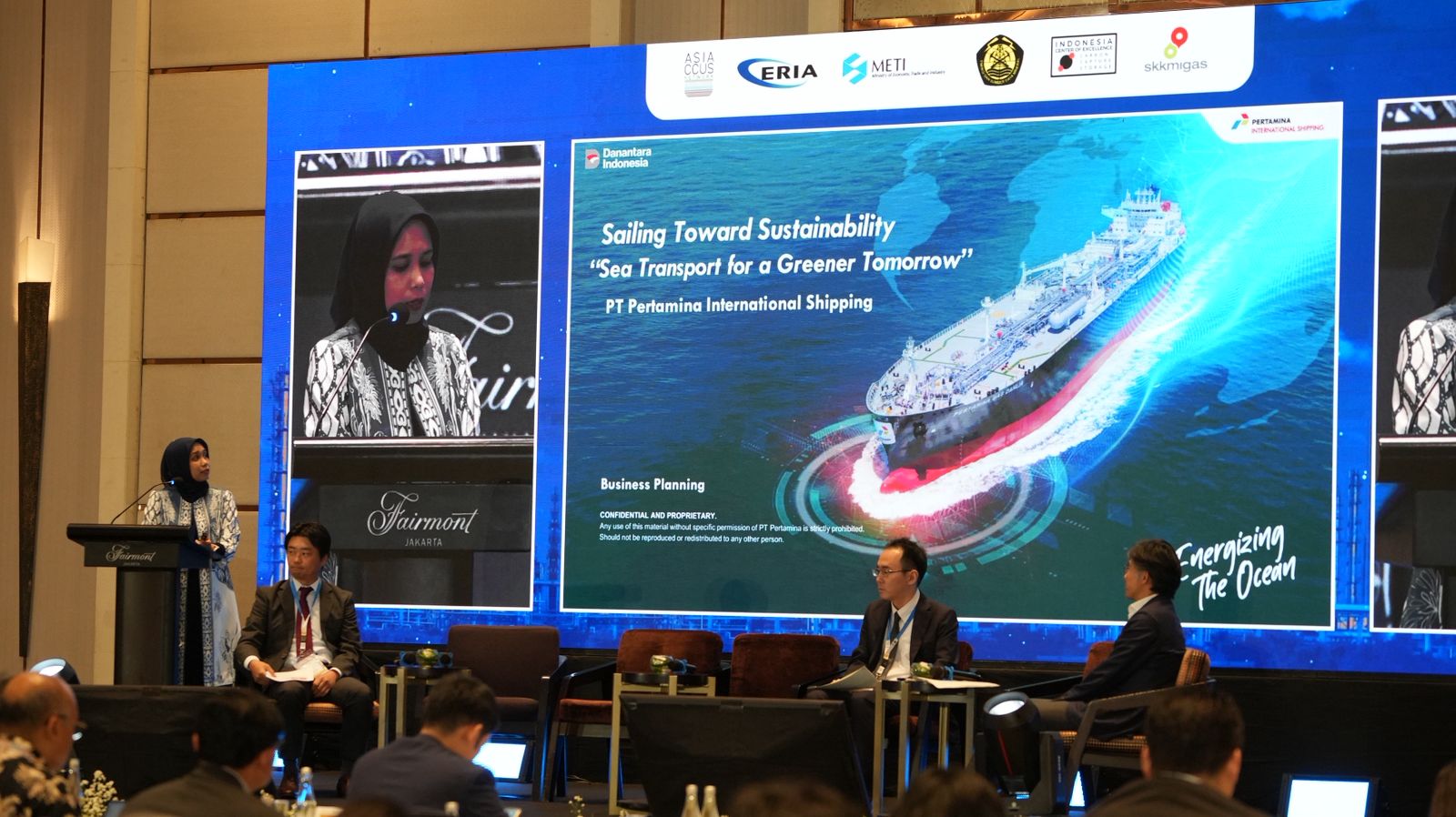By Naida Hakirevic Prevljak
Copyright offshore-energy

Indonesian state-owned company PT Pertamina International Shipping (PIS) has unveiled its latest strategy to seize opportunities in international carbon shipping, signaling its readiness to support the development of the carbon capture and storage/carbon capture utilization and storage (CCS/CCUS) sector.
The announcement was made at a forum in Jakarta on September 10, 2025. At the forum, which gathered energy leaders and CCS/CCUS technology players from across the region, PIS highlighted the critical role of cross-border CO₂ transportation as an essential link in the global decarbonization value chain.
“PIS sees significant opportunities in the liquefied CO₂ (LCO₂) value chain to serve as a strategic bridge connecting emitters with carbon storage facility providers. As the Integrated Marine Logistics subholding company, PIS is committed to providing maritime transport and managing LCO₂ reception terminals through to final (permanent) storage. With its fleet and infrastructure capabilities, PIS is well-positioned to become a key player in the LCO₂ transportation industry,” Muthia Rizky Neldi, VP of Business Development at PIS, pointed out.
PIS operates more than 106 owned vessels, including gas, crude, and petrochemical carriers, as well as very large gas carriers (VLGCs). Around 65 vessels already serve international routes across 63 global trade lanes, supported by representative offices in Singapore, Dubai, and London.
This extensive capability is said to lay the foundation for its entry into cross-border carbon transportation. Under its business roadmap, PIS is preparing to operate LCO₂ carriers that will transport captured carbon emissions from industrial sources such as power plants, refineries, and ammonia producers. The shipments will be delivered to onshore receiving terminals and channeled through pipelines to offshore storage sites.
Indonesia itself holds vast storage potential, including the Sunda Asri Basin, which could accommodate up to 1.1 gigatons of CO₂. With its strategic geographic position, PIS believes Indonesia can become a regional CCS/CCUS hub for Southeast Asia.
PIS’ decarbonization drive also includes smart shipping technology through its PIS-SmartShip program. By mid-2025, around 50% of its fleet was equipped with SmartShip 2.0 features to enhance efficiency and monitor emissions. The system has already delivered monthly savings of 324 tons of fuel and 1,021 tons of CO₂, while enabling real-time Carbon Intensity Indicator (CII) calculations.
“The adoption of this technology is a crucial step toward PIS’ readiness in supporting carbon transportation. We are not only preparing reliable vessels, but also building digital systems that ensure energy efficiency and emission reduction across the supply chain,” Muthia added.
Indonesia is committed to shaping the regional CCS/CCUS ecosystem, in line with the country’s Net Zero Emission 2060 target.
In related news, PIS and Japanese shipping major NYK signed a memorandum of understanding (MOU) in June last year to collaborate in the field of liquefied carbon dioxide and liquefied natural gas (LNG) and jointly establish a ship management company.
Based on the strategic partnership agreements signed in 2022, NYK and PIS have agreed to collaborate in obtaining business opportunities through assessments and feasibility studies for the transboundary transportation of LCO2 to and from Indonesia.
BGN, Pertamina join forces on gas transport
Pertamina expands fleet with VLGC duo as it targets addition of six gas carriers in 2024
Chevron and Pertamina team up for lower carbon business in Indonesia



